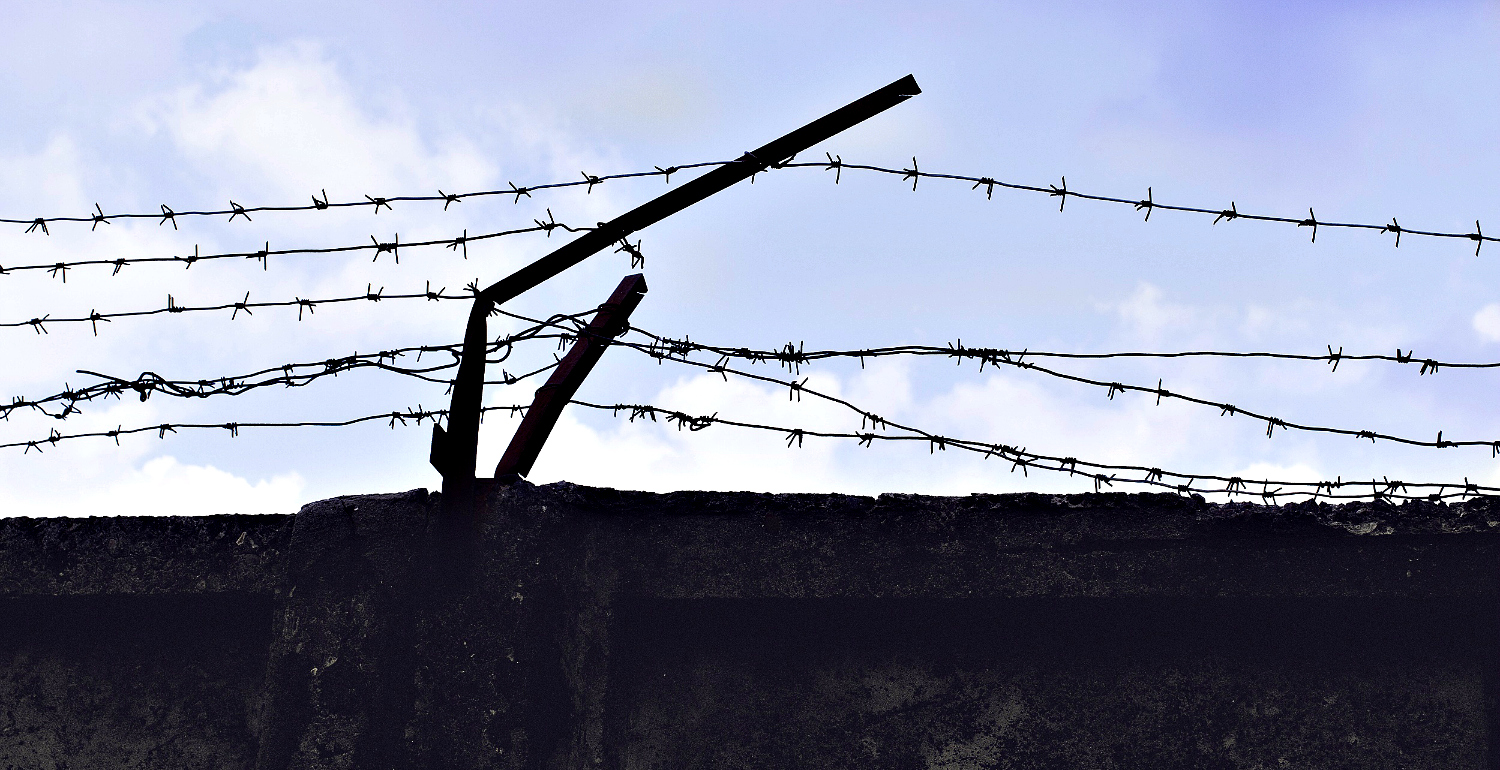While the anti-Semitism scourge lurks in the United States, the sharp escalation of violence against Jews in the OSCE region deserves attention. The most brutal incidents in recent months have occurred in France, Belgium and Germany. Violence has also been directed toward the Jewish community in the United Kingdom, Greece and Ukraine. OSCE participating States have pledged to unequivocally condemn anti-Semitism and take effective measures to protect individuals from anti-Semitic violence.
Despite that commitment, attacks against Jews continue. Two Yeshiva students from New Jersey were assaulted in Germany. A mob attacked Jewish worshipers in a Ukraine synagogue. A gang attacked Jewish high school soccer players in France. Vandals vandalized several synagogues in Russia. A Marseille synagogue burned to the ground and synagogues elsewhere in the OSCE region have suffered firebomb attacks.
Coupled with a resurgence of aggressive nationalism and an increase in neo-Nazi “skin head” activity, participating States throughout the OSCE region face the urgent challenge of stemming the tide of escalating anti-Semitic violence.







